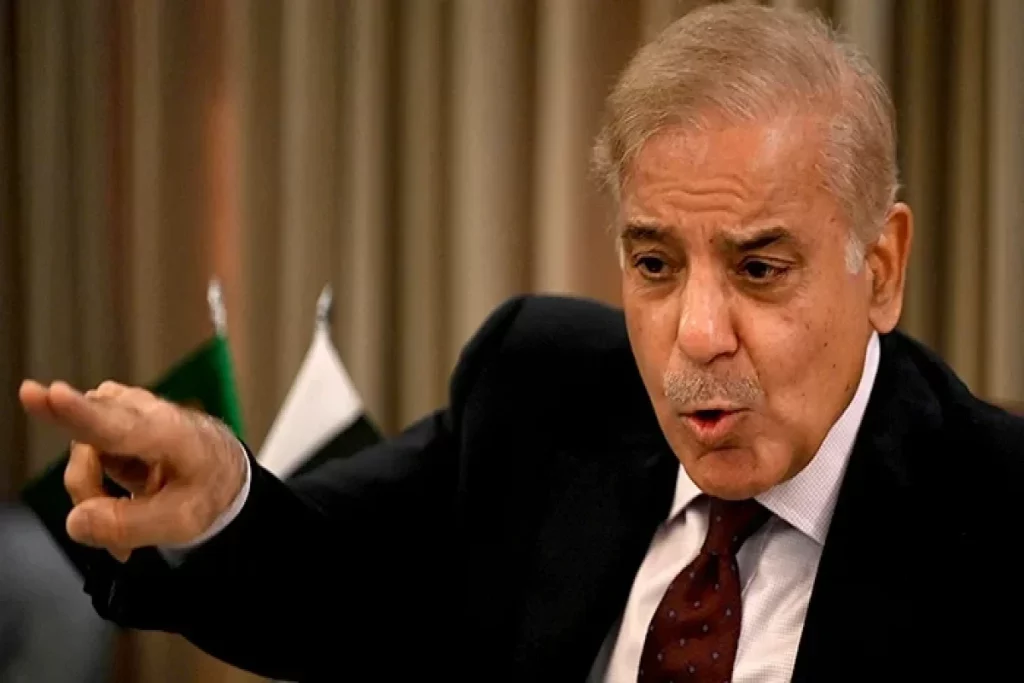Pakistan’s parliament votes in opposition leader Shehbaz Sharif as Prime Minister

Sharif, the former chief minister of Punjab province and Shehbaz Sharif rejected the verdict, calling it “flawed” and “politically motivated.” Shehbaz Sharif is also facing charges for alleged corruption. In recent months, Shehbaz Sharif had led a campaign to remove Khan as Pakistan’s leader over claims of economic mismanagement and poor governance. Along with the opposition, he had urged Khan to resign ahead of a no-confidence vote that was widely expected to dismiss Khan. Tensions smoldered for days, with Khan repeatedly rejecting the criticism and instead claiming the moves against him were an attempt at regime change backed by Washington and some members of the opposition. The allegations were denied by both the US State Department and the Pakistani opposition. In a dramatic series of events, the deputy speaker in parliament blocked the no-confidence vote against Khan. Khan then dissolved parliament and called for early elections. The opposition challenged Khan’s moves in Pakistan’s highest court, with Shehbaz Sharif calling them “nothing short of high treason.”The court ruled last week that the blocking of the no-confidence vote against Khan was unconstitutional, paving the way for Shehbaz Sharif’s rise to power.







